I'm working with a client who has a mobile site setup through a third party. Currently, we check through IIS whether a user agent matches any of your standard mobile agents in which case we redirect the user to the mobile version m.whatever.com.
One of the rules we have requires us to set the cookie to a value of 0 when the user wants to see the mobile site again.
<rules>
<rule name="if httpcookie is , set it to 0" stopProcessing="true">
<match url="^(.*)$" />
<conditions>
<add input="{HTTP_COOKIE}" pattern="mobileoptout=1" />
</conditions>
<serverVariables>
<set name="HTTP_COOKIE" value="mobileoptout=0" />
</serverVariables>
<action type="None" />
</rule>
</rules>
As per the above, we're matching on the URL and the cookie value. I have tested these independently and they work as expected. However, at the end of this rule, the value for the cookie MobileOptOut is still 1 and not 0.
I've searched and tried all the examples available on numerous sites but have been completely unable to understand why the value of the cookie is not being changed.
The domain for the cookie is [whatever.com] which is the same as www.whatever.com and based on previous tests it can read from the cookie to validate a condition.
Any ideas?
Including an additional attempt which does not work either:
<rules>
<rule name="set cookie">
<match url="(.*)" />
<serverVariables>
<set name="HTTP_COOKIE" value="optout=1" />
<set name="{HTTP_COOKIE}" value="optout=2" />
</serverVariables>
<action type="None" />
</rule>
</rules>

